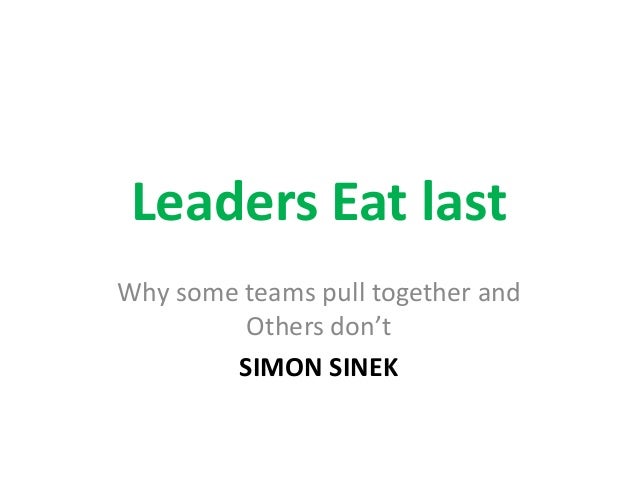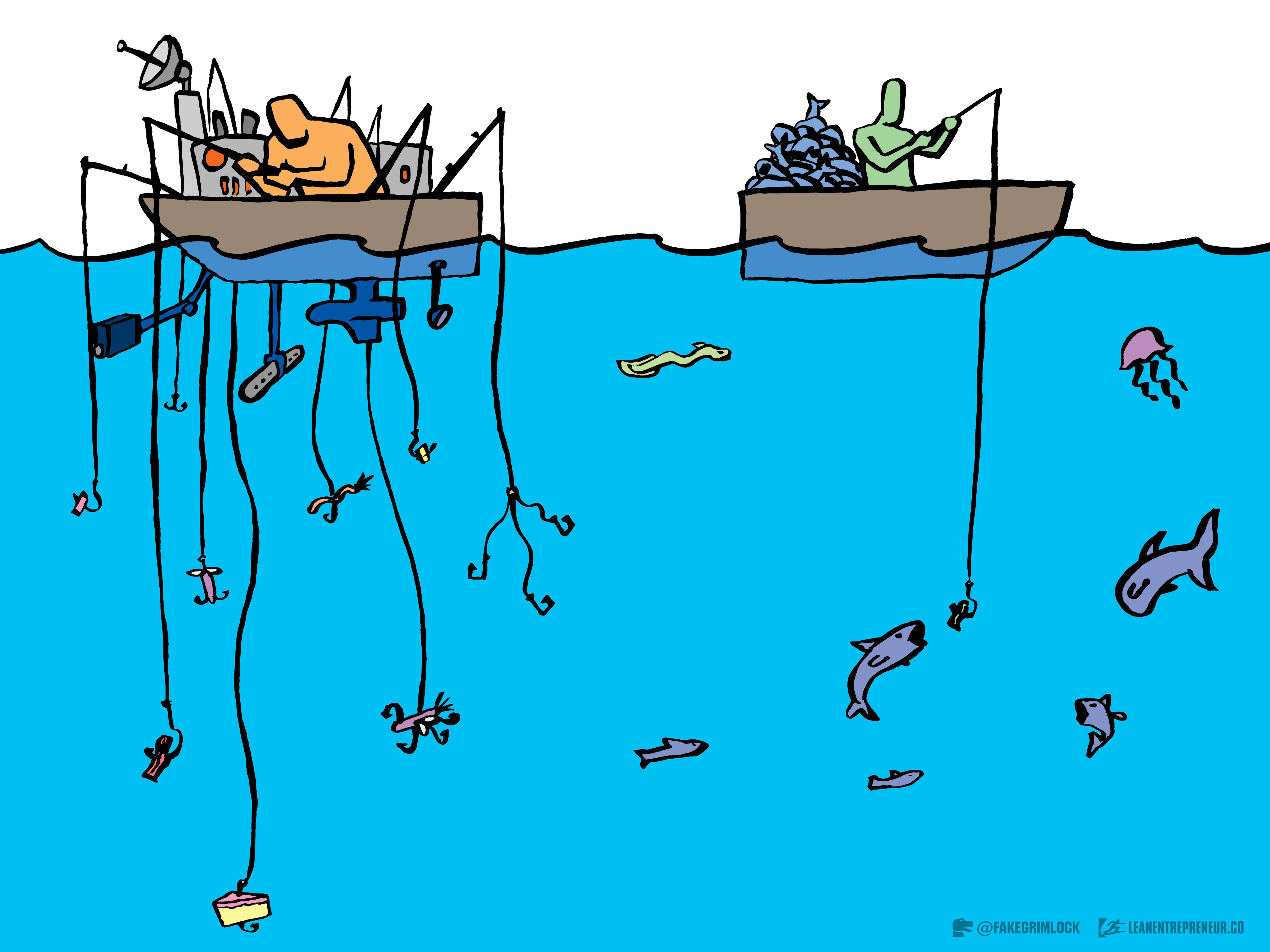O postal de ontem, "Subam os preços!", gerou alguma troca de comentários no Facebook. A certa altura prometi este postal com alguma dose de "mea-culpa".
Existe a Microeconomia e a Macroeconomia.
O meu mundo é o mundo da Micreconomia, é nele que trabalho a apoiar empresas e, ao desenvolver esse trabalho, quase sempre visto a camisola e sinto-me parte da equipa. Nutro simpatia por quem não se encosta, por quem não opta pelo mais fácil e luta pela sua independência. Como a larga maioria dos licenciados e doutorados não empreende, quem está à frente destas empresas é, normalmente, alguém que deixou os estudos cedo e começou a trabalhar e algures avançou para a criação de uma empresa.
O meu mundo é, muitas vezes, o mundo dos sectores tradicionais. Um mundo sistematicamente condenado à morte pela Academia, pelos jornalistas e comentadores económicos, mas que teima em resistir. PMEs que segundo as sebentas das universidades deviam estar mortas, mas que continuam vivas e a maioria não são zombies, para ser zombie é preciso ter acesso aos corredores e carpetes do poder. Julgo que a Academia falha nas suas previsões porque parte do principio que para ser competitivo há que ser produtivo, ideia que vem da economia do século XX. No entanto, porque existe a concorrência imperfeita, é possível ser competitivo, ainda que pouco produtivo.
Porque acredito na concorrência imperfeita, porque estou solidário com esta raça de gente, sempre aqui combati os que nos media dizem que estas empresas "são de segunda".
No entanto, nos últimos anos alguns factores têm-se conjugado para aumentar a minha preocupação acerca das PMEs:
- o aumento do salário mínimo
- a pressão demográfica
- a sereia da emigração
Neste postal de Dezembro de 2018 escrevi sobre o uso do salário mínimo para matar as empresas competitivas, mas não produtivas. Quanto mais PMEs competitivas mas não produtivas morrerem mais cresce a produtividade agregada do país. E foi no final de 2018 que comecei a ler nos media tradicionais uma versão diferente do jogo do gato e do rato, o jogo da produtividade e salários. Até aí o canon era o citado pelo então ministro Teixeira dos Santos:
"Temos de melhorar a produtividade do trabalho (com formação, inovações, melhoria na gestão), mas também a disciplina salarial com a fixação dos salários para que acompanhe a produtividade”, resumiu o titular da pasta das Finanças."(Junho de 2010)
A partir de 2018, comecei a ler, sobretudo via Avelino de Jesus, uma outra versão:
"A melhoria da produtividade (de que depende o crescimento da economia) está muito dependente da melhoria dos salários, pelo impulso que imprimem à eliminação das empresas e sectores menos produtivos e ao triunfo dos mais eficientes. Nas economias dinâmicas são os salários que empurram a produtividade e não o contrário como - com demasiada frequência - se ouve dizer.
...
A ideia de que há um bolo que se produz e que depois se distribui (sendo que o salário está rigidamente limitado pelo tamanho do bolo produzido) pulula com vigor esmagador pela economia vulgar; é a alquimia que se apresenta para justificar a moderação das exigências salariais.
Mas, na verdade, o salário e o produto mantêm uma relação dinâmica. O salário determina a formação do produto, tanto na sua dimensão como na estrutura. A pressão salarial tem importantes e virtuosos efeitos sobre a produtividade e o crescimento, criando estímulos imprescindíveis para os empresários efectuarem as escolhas mais virtuosas sobre as tecnologias e os sectores de investimento."
Isto na altura senti como um virar da maré. Por isso, na passada sexta-feira quando ouvi as palavras do presidente da CIP sobre salários e produtividade na rádio Observador confesso que sorri com a ingenuidade dele perante esta corrente. Ainda está em 2010 e com Teixeira dos Santos. Será que não se apercebeu da nova fase?
Claro que a teoria de Avelino de Jesus tem um ponto fraco: "nas economias dinâmicas". A economia portuguesa não é dinâmica. Lembram-se da chapada? E volto ao pensamento sistémico e ao arquétipo da "corrida ao armamento". Aumenta-se o salário mínimo? Recorre-se à contratação de serviços ao Bangladesh!!! Viva Odemira.
Por um lado, esta pressão do salário mínimo e, por outro lado, a crescente pressão emigratória em busca de melhores salários (vejo-a todas as semanas num local de pleno emprego como é Felgueiras. Agora até a França está com"labour supply bottlenecks" o que é um sorvedouro para quem tem familiares por lá), tornam o desafio do aumento da produtividade cada vez mais importante e urgente. O impacte da Macroeconomia.
No entanto, o desafio do aumento da produtividade não passa pelas lições das sebentas de Economia, baseadas no século XX, como tão bem escreveu Esko Kilpi em 2015 e registei aqui. Por isso, não concordei com os economistas do encontro na Junqueira, pregados à sebenta do século XX. Aumentar a produtividade com a receita do século XX é possível? Sim, é seguir a lição irlandesa para captar investimento estrangeiro e queimar etapas, porque "os macacos não voam" e não têm capital.
Não subir preços é acelerar o encerramento das empresas dos sectores tradicionais. Agora trata-se de aproveitar a conjuntura, mas é preciso trabalhar para os aumentar de forma estrutural, sob pena de não conseguir contratar ninguém daqui a 10 anos, a não ser operários bangladeshis ao serviço de empresa bangladeshi a prestar serviço numa empresa portuguesa.
Entretanto, Reinert veio chamar-me a atenção para isto tudo de uma forma pragmática:
"As private citizens, economists realize that the choice of economic activity will largely determine the living standard of their children. On an international level, the same economists are unable to sustain that same opinion because their toolbox is pitched at such a high level of abstraction that virtually no tools are available to distinguish qualitatively between economic activities. At this level, standard economic theory `proves' that an imaginary nation of shoeshine boys and people washing dishes will achieve the same wealth as a nation consisting of lawyers and stockbrokers."
Não precisamos de fazer destas PMEs párias a abater, como tantas vezes académicos sem skin-in-the-game proclamam, mas temos de perceber que a produtividade vai ser fundamental para a sobrevivência. Não por causa do mercado, mas dos governos, da demografia e da emigração.
Trecho retirado de "How Rich Countries Got Rich and Why Poor Countries Stay Poor" de Erik S. Reinert.













































